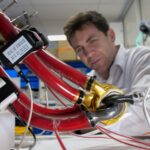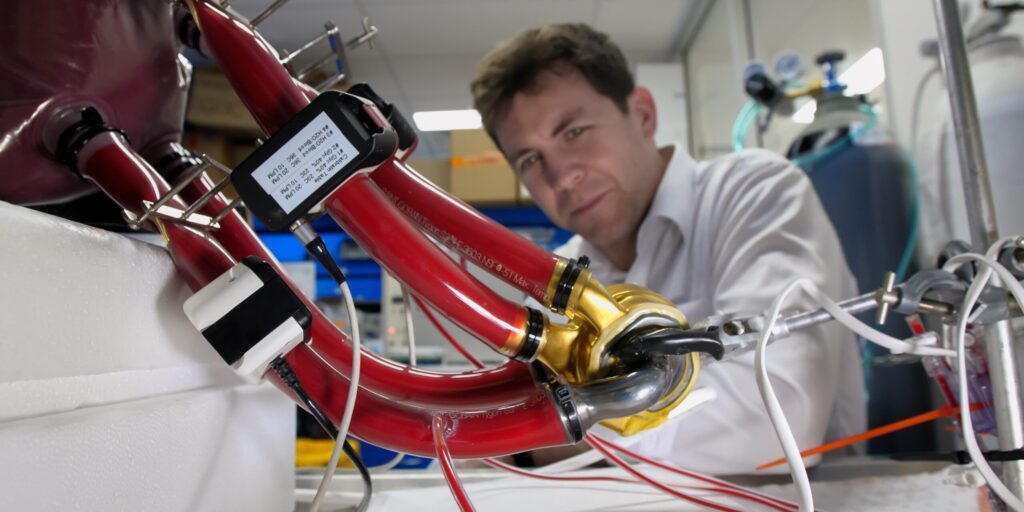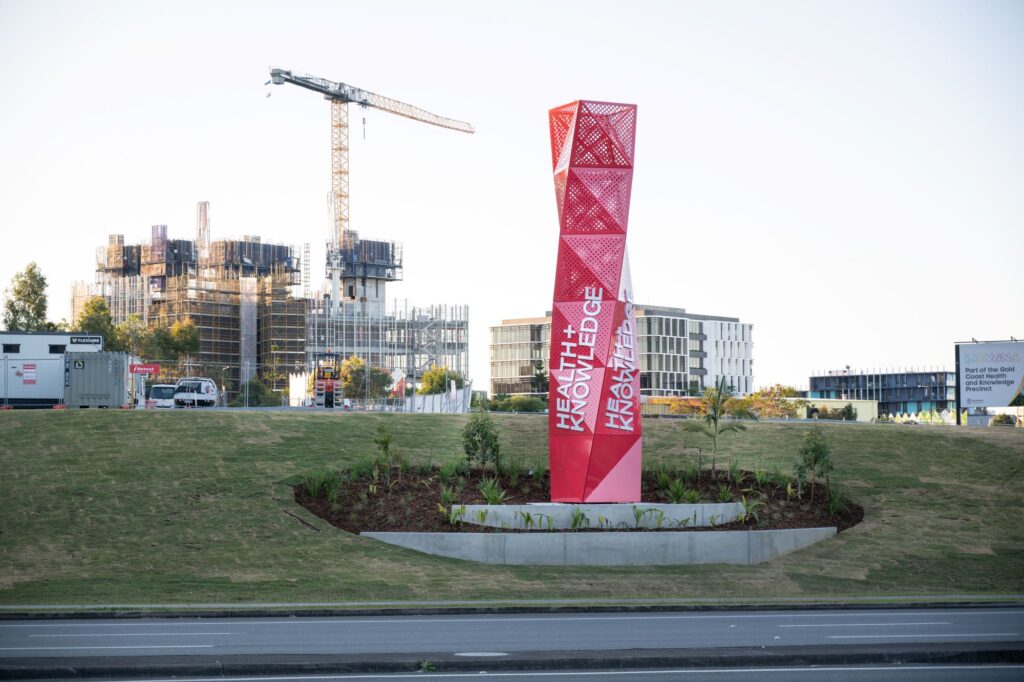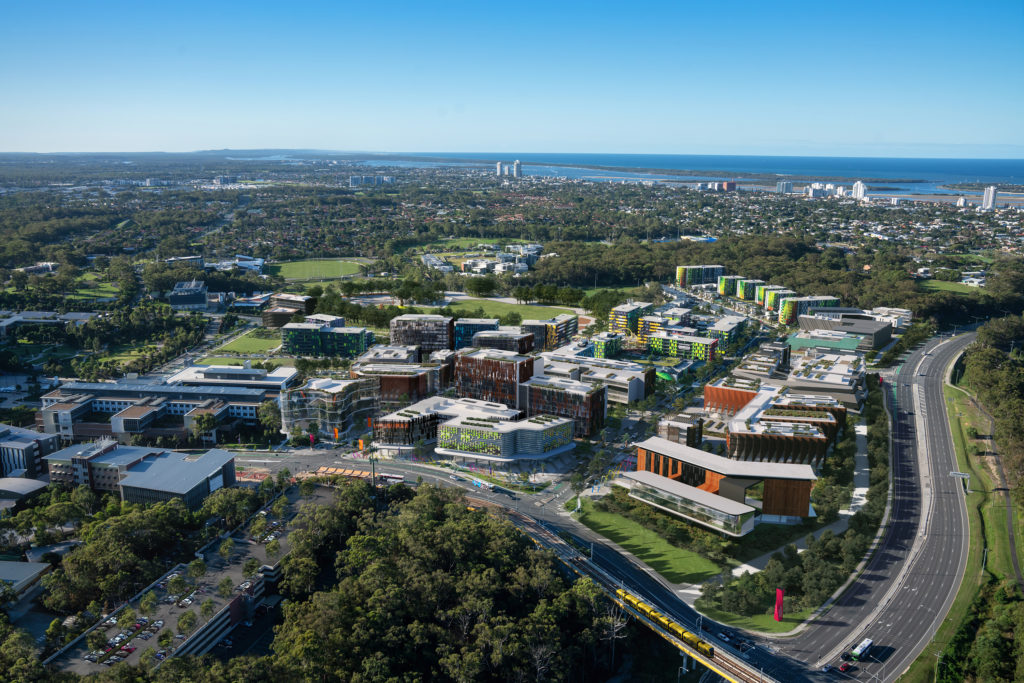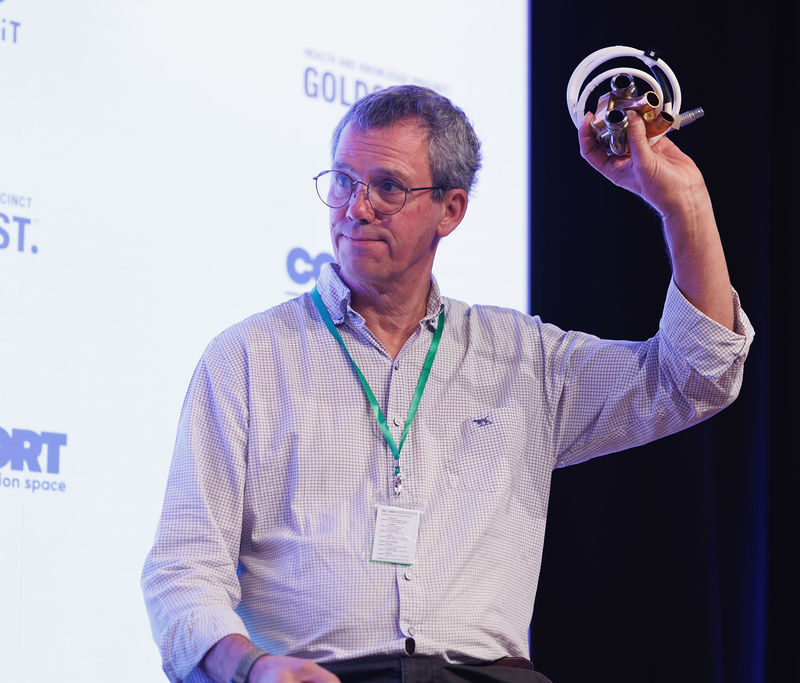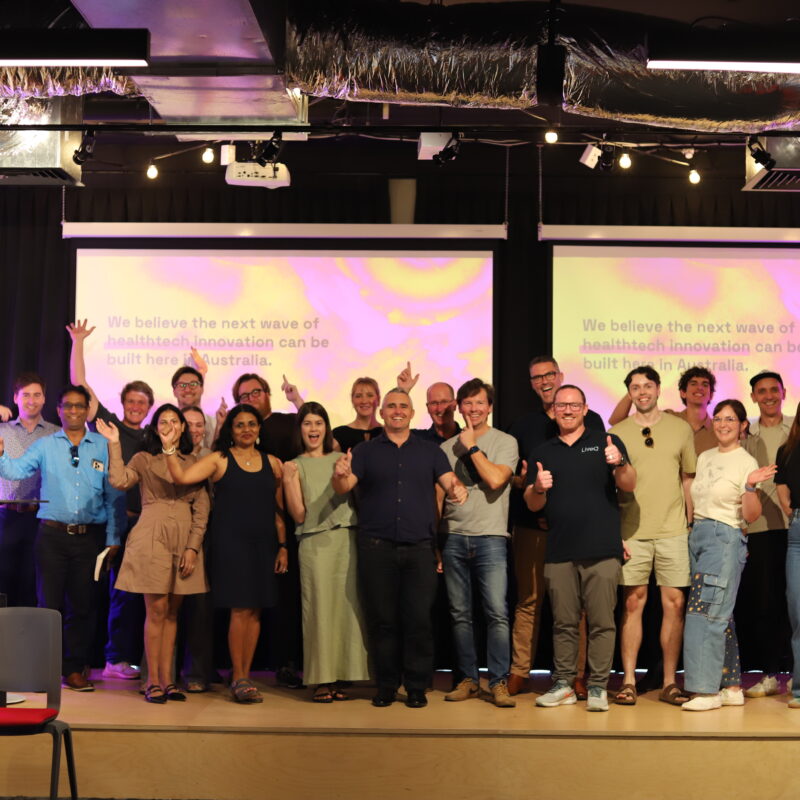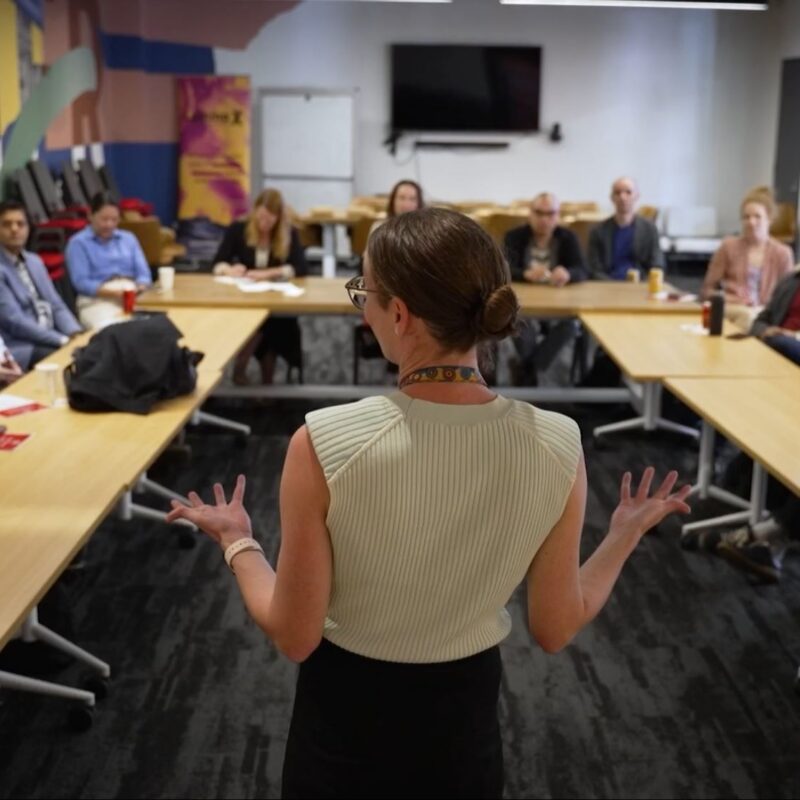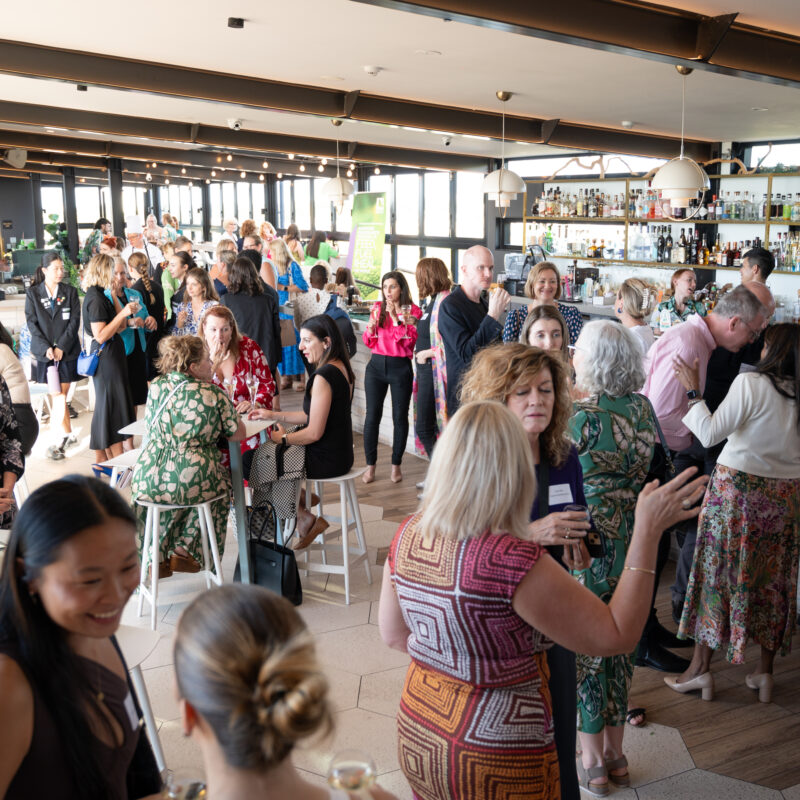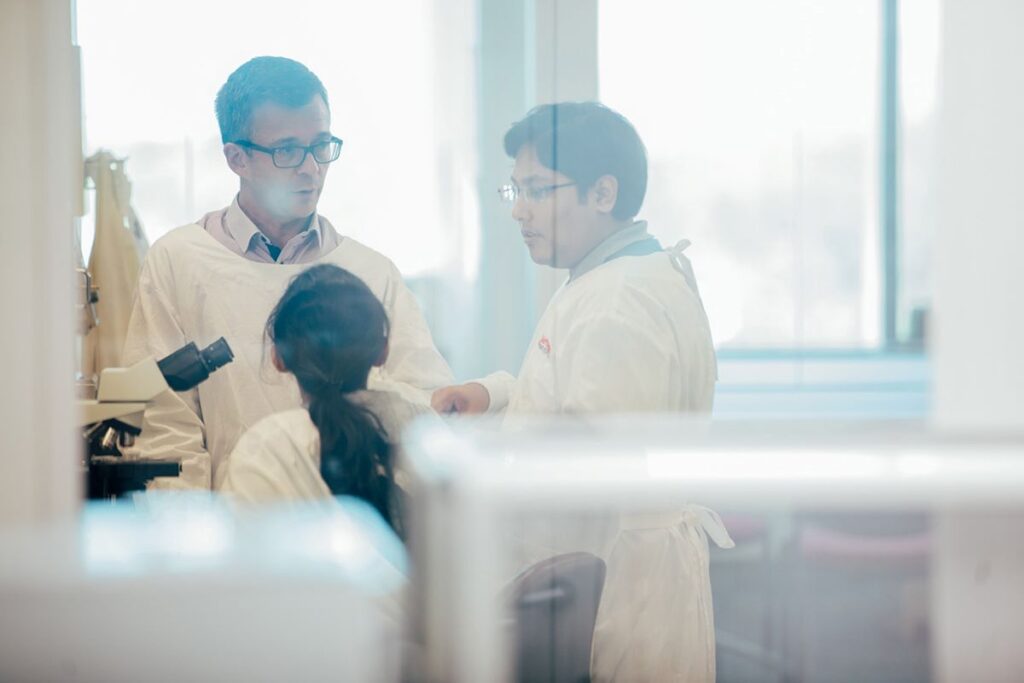
World-first clinical trial for treating spinal cord injury
A world-first clinical trial that could revolutionise the treatment of spinal cord injuries has been announced.
The trial combines nerve bridge therapy with patient-centred rehabilitation, aiming to restore independence for individuals affected by spinal cord injury.
This breakthrough represents a significant advancement in translating cutting-edge research into clinical practice, offering new hope to those living with these life-changing injuries.
Griffith University researcher, Professor James St John and his team from the Clem Jones Centre for Neurobiology and Stem Cell Research said olfactory ensheathing cells are the specialised cells within the olfactory (sense of smell) nerve within the nose that have numerous therapeutic properties for repairing and regenerating nerves.
“With more than 20,000 Australians living with spinal cord injury, and another 300 or more people having spinal cord injury each year, now is the time to translate this therapy into the clinic,” Professor St John said.
“We have designed the trial in close consultation with the spinal injury community, clinicians and industry partners to ensure the trial meets the needs and expectations of the trial participants, and has the best chance of success.”
The trial is funded by the Medical Research Future Fund, Perry Cross Spinal Research Foundation, The Clem Jones Foundation, Queensland Government, Nicola and Andrew Forrest, Brazil Family Foundation, Terry and Rhonda White, and Griffith University.
Find out more on the Griffith University website

